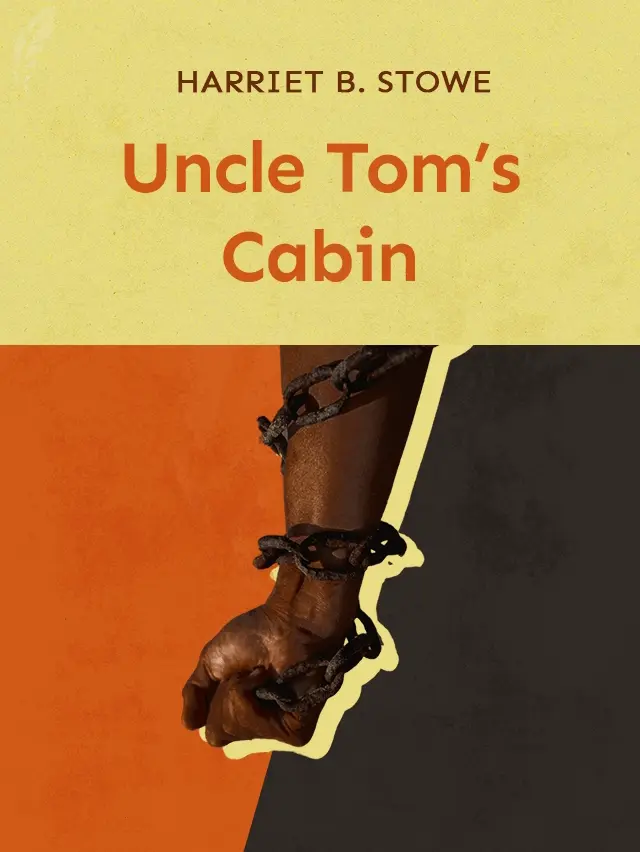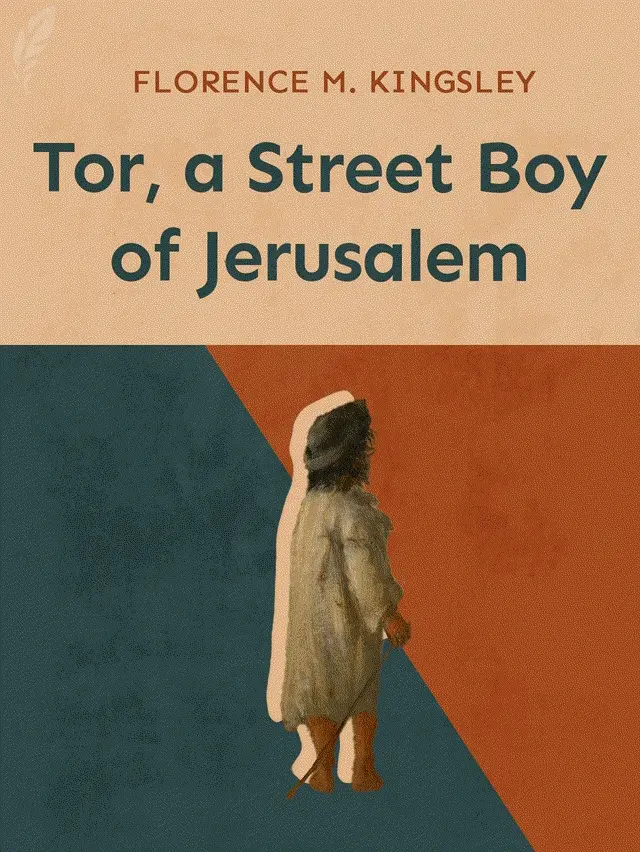
Uncle Tom's Cabin
Harriet Beecher Stowe
Literary fiction


Audiobook Available
Listen to Tor, a Street Boy of Jerusalem in the app. It's free and ad-free.
In the bustling streets of Jerusalem, a spirited street boy named Tor discovers the power of friendship and faith, navigating a world of challenges and hope. Will he find his place and a sense of belonging in this ancient city?


Audiobook Available
Listen to Tor, a Street Boy of Jerusalem in the app. It's free and ad-free.
In the bustling streets of Jerusalem, a spirited street boy named Tor discovers the power of friendship and faith, navigating a world of challenges and hope. Will he find his place and a sense of belonging in this ancient city?
Total ratings
3
Average rating
4.3
/ 5
★★★★★
Rating breakdown
Last 12 months
Total reviews
No reviews yet.